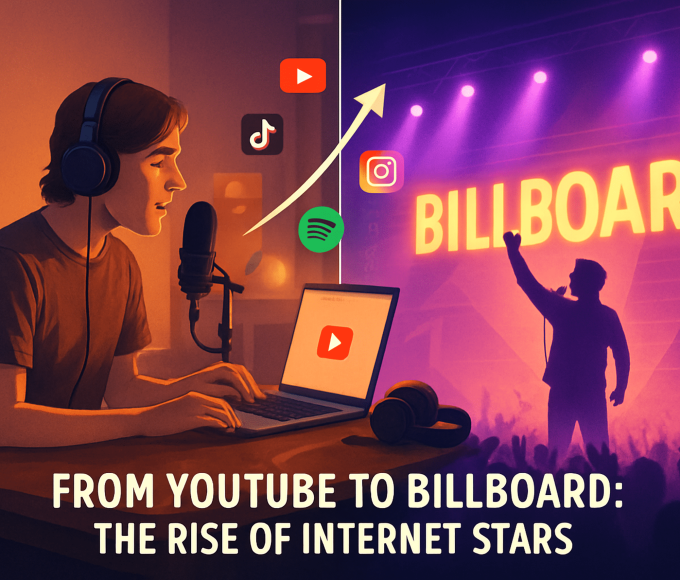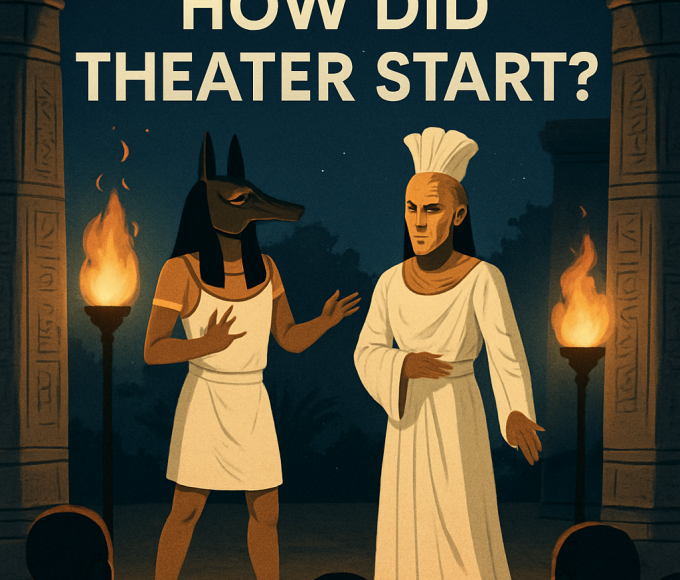I write something like this every year — I deeply dive into a music-related topic and then share my (highly opinionated) thoughts. This time, our subject is “The Psychology Behind Why We Love Certain Songs.” Why do we press repeat on that favorite track a billion times? What’s happening in our brains that compels us to hum the same hook in the shower every morning? This is my rationale, which I always state before I begin: I am not a scientist. I don’t even pretend to be. I’m just a person who listens to too much music (and occasionally reads actual studies about how the brain processes it). So consider this a casual dive, not a doctoral dissertation. You will be muted immediately if you want to sue me for malpractice.
Before I dive in, here are some disclaimers — most of these will sound familiar if you know my style:
- I have no formal background in psychology. Yes, I watch YouTube lectures sometimes and follow a few psych-savvy folks on social media. But please don’t assume I can diagnose your music obsessions.
- “But what about non-pop songs? Don’t classical, metal, EDM, and polka fans love their tunes just as intensely?” Yes, they do. It’s the same basic concept. I won’t waste time with genre wars here. Love is love, whether it’s Bach or Black Sabbath.
- You might believe that taste in music is purely subjective and that analyzing it is a fool’s errand. Fine. If you’re here purely for the vibes, you may exit the conversation now. Otherwise, buckle up for some (significantly simplified) brain science, personal anecdotes, and, hopefully, a rational explanation for why your best friend can’t let go of “Wonderwall.”
Okay, let’s get to my (unscientific) bullet points on why certain songs powerfully grab us.
1) The Dopamine Rush
We’ve all heard about dopamine, right? It’s that sweet, sweet neurotransmitter behind so many of our pleasures and addictions. When you anticipate the drop in your favorite dance track or wait for your beloved pop star to belt the chorus, your brain plays a game of “get excited — it’s coming!” When the moment lands, you get a little shot of awesome dopamine. Over time, your brain learns to expect that high, so you return for more.
- Fun fact: This also explains why sometimes a single note or line is your favorite part of a song. Your brain zeroes in on that micro-moment of euphoria.
2) Emotional Triggers (a.k.a. Nostalgia Bombs)
Have you ever heard a tune and suddenly felt like you’re in eighth grade all over again? Or did the song playing the first time you coughed have your heart broken? Emotions are powerful memory anchors. Certain songs remind you of times and places you can’t help but revisit.
- Example: I can’t hear Goo Goo Dolls’ “Iris” without thinking of a specific middle-school dance where I swayed awkwardly in a gym that smelled like sweat and stale gum. That’s a strong memory (though maybe not a pleasant smell).
3) Repetition, Repetition, Repetition
Yes, sometimes we love a tune because it’s been drilled into our heads so often that the arrangement starts to feel like home. This might seem like brainwashing — and to a degree, it is. We gravitate toward what’s familiar. The more you hear something, the easier it is for your brain to process it, which leads to a phenomenon called the “mere-exposure effect.”
- In short: That earworm might be stuck because of mass radio rotation, endless TikTok loops, or your friend playing it every time you hop in their car. Eventually, you start liking it. Even if you initially hated it. Possibly, I still do, but it’s a complicated relationship now.
4) Lyrics That Speak (Or Don’t)
Some of us are drawn in by a killer melody or fascinating rhythms. Others fixate on the words. If a song’s lyrics resonate with your personal story or worldview, you bond with it. You might feel “seen” by those lyrics in a way that plain conversation can’t replicate. Conversely, if you love the vibe of an EDM track where the words are minimal or non-existent, that can be just as powerful — it’s an emotional resonance that bypasses language altogether.
5) Social Connection
Music is communal. If your circle of friends loses their minds over a particular band or a single track becomes the “theme song” of your road trips, you form happy memories around it. The next time you hear that song, you recall all the good times (or absolute debauchery) associated with it. So it’s not just a tune — it’s a symbol of belonging.
6) Personality Fit
Some psychologists have found specific correlations between personality traits and musical preferences (for instance, open-minded people might be more drawn to experimental music). While these correlations aren’t absolute, they suggest that we like music that validates who we are. If you’re rebellious, maybe punk rock just feels right. If you’re introspective, maybe gentle folk tunes speak your language.
- The takeaway: Our favorite songs sometimes feel like they are us, so turning them on is like affirming ourselves.
7) The Impossibly Catchy Hook
There’s a reason top-notch pop producers get paid the big bucks: crafting the perfect hook is a science and an art. It’s tough to shake once that melodic “hook” gets under your skin. Even the most sophisticated listeners can’t resist a well-placed chord progression that lands right.
So that’s it — seven potential reasons (there are more) why we love certain songs. If you’re here to say, “I don’t care about the science; I just want to jam out,” I hear you and support you. If you prefer that mysterious sense of wonder without dissecting it, that’s valid, too. There’s something to say about letting your brain do its magical thing.
But if you’re a little more curious, now you understand why that one track might be more than just a tune on your Spotify playlist. It might be an actual neural habit, an emotion vault, or a personal anthem confirming who you are and want to be.
Parting Shot
If you ask me whether this means your beloved guilty pleasure songs are meaningful on a deep, psychological level, my answer is: (Hell) Yes.
No disclaimers about that.
Thank you for reading. If you have any more questions or you want to say, “But I don’t believe in guilty pleasures; can’t we just enjoy music without shame?” then, well, yes, absolutely. But I will still press repeat on that super-cheesy track from the ’90s because my dopamine levels demand it.

















Leave a comment